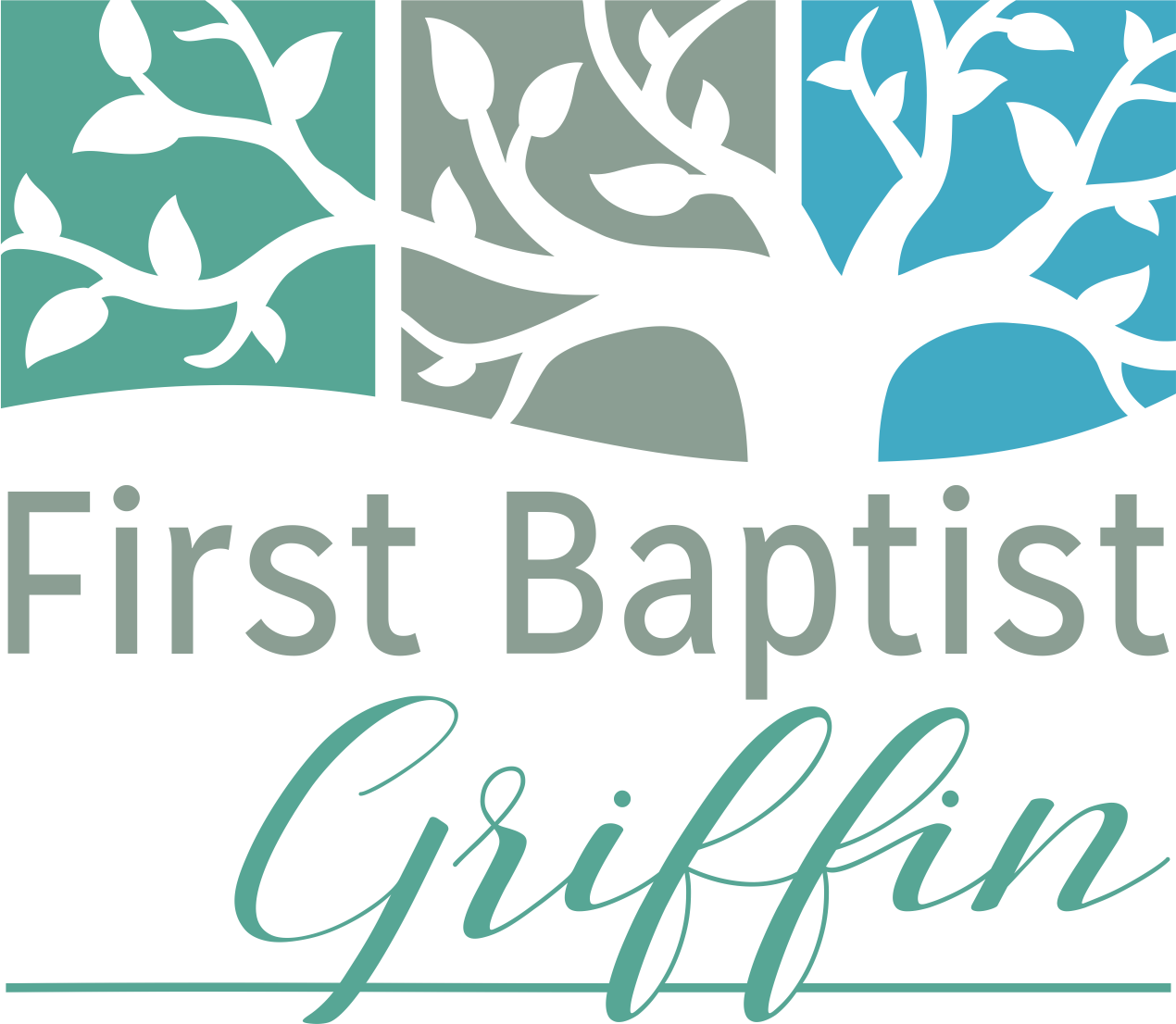By Steven Norris
Have you ever tried to fill a cup of water from a firehose? That is what it feels like every time that I tune in to my news source of choice. The headlines gush forth, pounding against my head, heart, and soul with such force that I lose the ability to comprehend and process what is being said. What do you do when the endless news cycle becomes too much to bear?
Recently, I came across a suggestion from Ian Simkins, a pastor outside of Nashville, TN. In an online post, he stated, “Only consume as much as you can pray for.” I took some time to sit with that this week.
The relentless, breakneck pace of our world is well beyond what we were created to handle. The 24/7 news cycle churns out stories and information faster than we can process. Jesus reminds us, “Come to me, all you who are weary and burdened, and I will give you rest” (Matthew 11:28). Instead of rest, however, we often chase one more headline, one more post, one more argument, one more angle.
Then, Simkins hit me with this: “There’s a difference between being informed and being consumed.” I am almost embarrassed to admit to the number of times I have caught myself “doom scrolling” recently. If that phrase is unfamiliar, “doom scrolling” refers to the act of continuously consuming negative news or social media content, despite feeling anxious, depressed, or overwhelmed.
Being informed helps me love my neighbor better — as God commanded me to do. Being consumed however, turns me inward in fear. It causes me to insulate myself from perceived threats and withdraw from those that God has called me to love and serve.
The New Testament letter to the Philippians reminds us, “Do not be anxious about anything, but in every situation, by prayer and petition, with thanksgiving, present your requests to God. And the peace of God, which transcends all understanding, will guard your hearts and your minds in Christ Jesus” (4:6-7).
Simkins offers this great corrective: “What if our intake matched our intercession?” What if we stopped every time that we came across a headline that evoked stress, fear, anger, sadness, or concern and made it our practice to offer that to God in prayer? If we read an article about a tragedy, we might stop and offer prayers for those involved. If we learn about an action that angers us, we might pause and offer a prayer for peace. If we hear about a comment that creates division, we might pause and pray for peace.
We cannot fix every problem, right every injustice, and call out every lie or half-truth. Likewise, we were never intended to carry the weight of the world’s problems. We do, however, have access to the One who has already won the victory and is actively working to bring redemption to every corner of creation.
“Consuming without praying leads to despair. Consuming with prayer leads to hope.” We are called to be a people of peace. We are called to be a people of hope. Such a life might become more possible to the degree that we allow prayer to “turn the toll of the world into trust of the One who holds it.”

